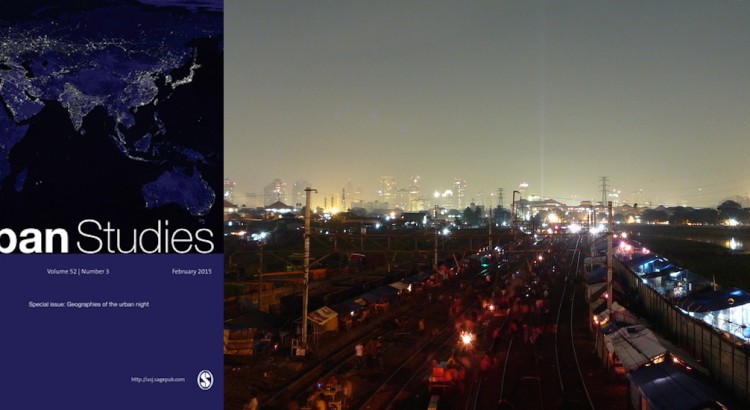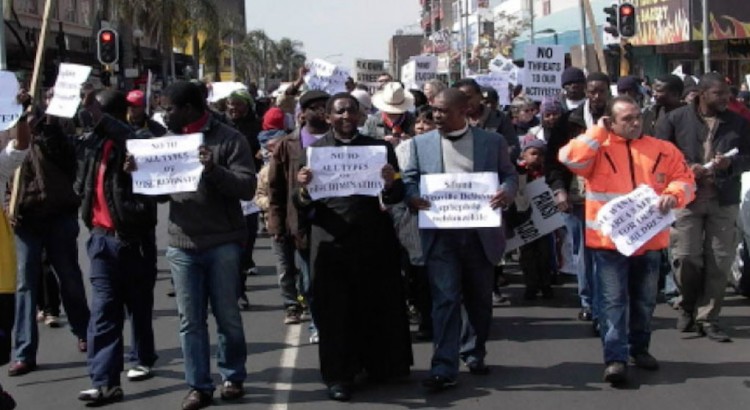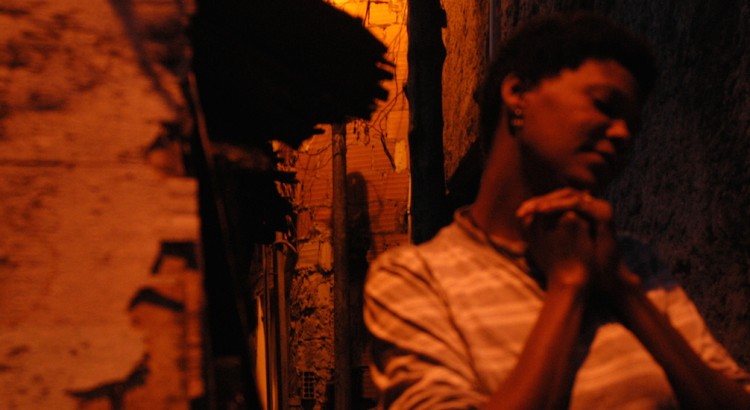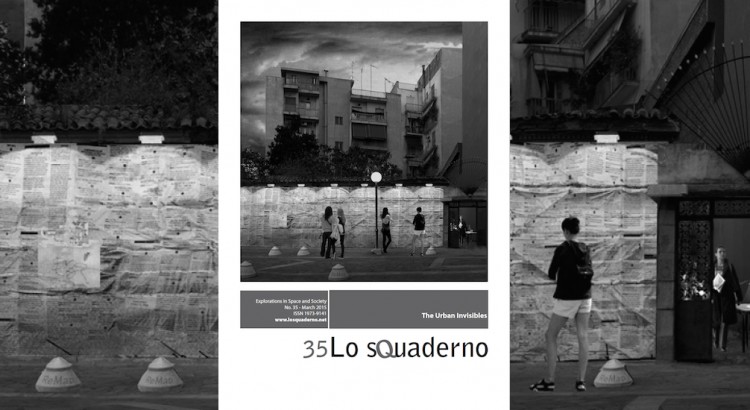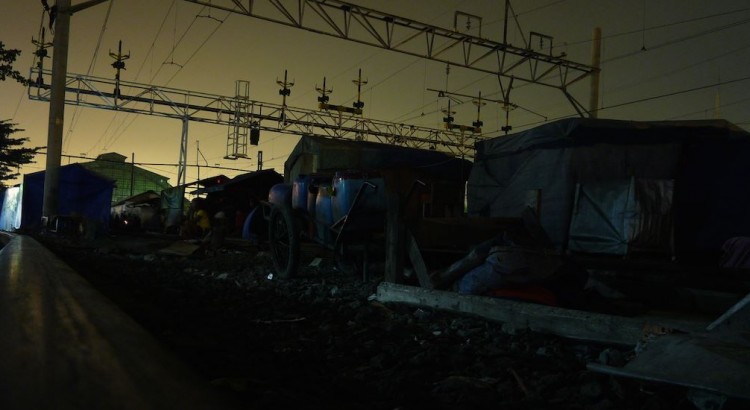Article published by J.Tadié and R.Permadeli in Urban Studies, Vol.52(3), 2015, p.471-485.
This article analyses the significance of Jakarta’s night venues, defined in a narrow way (bars, clubs and prostitution complexes). They represent not only forms of modernisation and their acceptance in a city from the developing world, but they show how usual means of controlling the night have different understandings and produce different types of arrangements, regarding where one is located. We show how informal agreements are central to ordering the night and to governance processes, and how they produce different types of territories within an Indonesian context. The first part draws a topography of the night-time economy in Jakarta, showing how the evolution of the venues reflects both the growth of the metropolis and Indonesia’s different political regimes. Then the paper analyses the inner (dis)organisation of the venues and neighbourhoods in which they are concentrated, before assessing the meaning of the policies aimed at creating order in the city at night, showing how appearances of order take precedence over the effective planning of the metropolis.
For more information, see the journal’s web page here.
